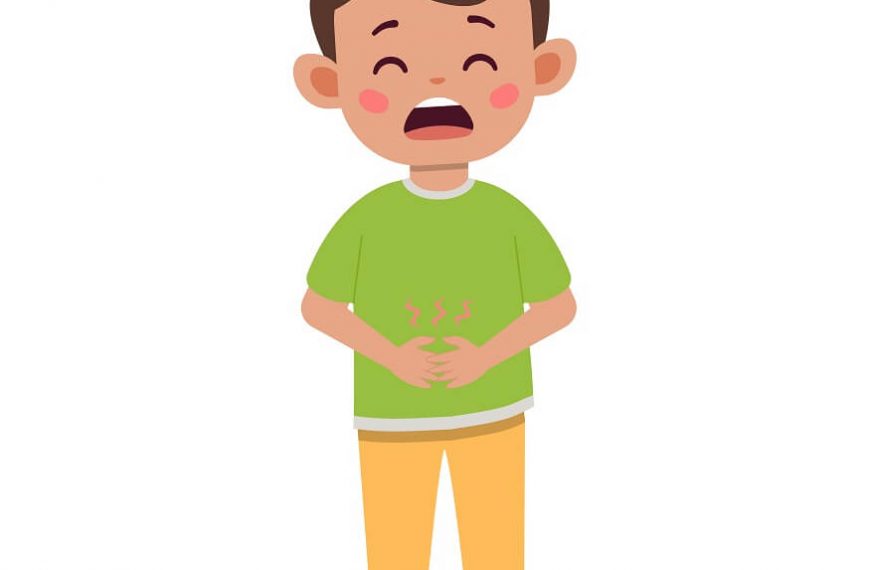Monsoon is a gut-wrenching season.
Okay maybe that is a bit of an extreme, but it is certainly a season that is no friend to your gut. Common digestive ailments can abound during monsoon. And it will not be a surprise if you hear someone call in sick due to a bad stomach. Whether it is adults at work or kids at school.
As such, it is vital to be aware of the common digestive problems of the season so you can brace yourself for what is to come. Perhaps even avoid falling sick altogether. Because you know what they say. Being forewarned is being forearmed. And that is always a good place to be in.
So let us get started and spill our guts about this most important topic of the season!
What causes digestive problems in monsoons?
As for what causes digestive problems in monsoons, it is a combination of multiple factors that can adversely impact the health of your gut. The primary of them though is the humid climate of the season.
Not only can humidity slow down the process of digestion, it can also create a conducive environment for the growth of several microorganisms. These microorganisms can contaminate the food you eat, making it already difficult for your slowed digestive system to handle it properly. Thus, causing stomach infections and ailments.
That is not all. It is common for water to accumulate during monsoons, which is the prime carrier for water-borne diseases and the number one reason why health experts and doctors advise against eating street food during monsoons. If you end up eating street food, you might invite issues such as food poisoning, stomach bugs and the like.
Which digestive problems can you get during monsoons?
Digestive problems that you can get during monsoons range from relatively harmless to severely harmful. Let us take a look at the most common ones below. These will show digestive problem symptoms so you know that something is wrong with your tummy.
Diarrhoea
Diarrhoea is a type of infection that is caused due to stomach bugs. Unhygienic or contaminated food can lead to this infection which can manifest itself in tummy pain, nausea, loose stools and vomiting among others.
The good thing about diarrhoea is that it can be easily treated if you detect it early and consult your doctor for the best course of action for your case. It is important to keep yourself hydrated during diarrhoea as your body can lose fluids. However, be sure to pure filtered water only that is free of any contaminants.
Stomach flu
The medical term for stomach flu is gastroenteritis. So do not get confused if you hear that term thrown around a lot in this context. Gastroenteritis is extremely common during monsoons and is generally caused by the vomiting bug or food poisoning caused by bacteria.
Its symptoms include mild fever, diarrhoea, projectile vomiting, weakness and the queasy feeling of being sick. If you think you have the stomach flu, you must get in touch with your general practitioner as this ailment can take up to a few days to resolve.
Jaundice
Parasitical infections of the liver are one of the many causes of jaundice. However, this is the cause that can lead to jaundice during the monsoon season. That is why you must be extra careful as jaundice can sometimes take up to a few months to clear up.
Symptoms of jaundice include yellow skin, yellow whites of the eyes, dark urine, pale stools and a feeling of itchiness throughout the body. If left untreated, jaundice can be life-threatening in rare cases.
Typhoid
As you know, food and water can get easily contaminated during the monsoon. Contaminated food and water are the breeding ground for the salmonella typhi bacteria, which is the core cause of typhoid. Typhoid is a life-threatening infection, which is why treatment must start as soon as you detect any symptoms of it.
As for symptoms of typhoid, you might experience a high fever that does not go away, extreme fatigue, nausea, constipation, headache, diarrhoea or stomach pain. You may even get a rash. Typhoid can be treated with antibiotics, however, severe cases can prove to be difficult to manage.
Other infections
Other infections that you can get during the monsoon season include gastritis, bloating, indigestion and food poisoning. However, the good thing about these is they are mild and can be treated at home with simple home remedies and certain precautions.
Since certain ailments are common during the monsoon season, it is important to be mindful of digestive problems symptoms. Knowing the symptoms can help your doctor provide the right treatment so you can make a speedy and full recovery.
What to do for digestion problems and how to avoid them?
The good news is digestive problems can be completely avoided if only you take certain precautions. Here is what you can do to maintain good gut health and avoid these diseases.
- Always drink fresh and filtered walter. If you do not have access to filter water, make sure you drink boiled water only.
- Eat adequate portions of food and keep away from overeating.
- Avoid street food.
- Wash any fruits or veggies that you get home before cooking them.
- Wash and boil leafy vegetables before consuming them.
- Wash your hands before eating as your hands can be the primary carrier of germs that cause stomach issues.
- Avoid spicy foods to the extent possible as they can strain your tummy.
- Eat smaller meals throughout the day to ease digestion.
- Keep yourself hydrated and have gut-friendly food such as curd, cheese etc. to improve gut health.
- Consult a doctor if you notice symptoms of a digestive problem.
We hope this answers your question of what to do for digestion problems. Prevention is truly better than cure so try to follow healthy habits to avoid common stomach ailments of the season. At EuroKids, we try to keep your kids safe from these ailments too by not having junk food on the premises and providing filtered water for children to drink. To know how we create a safe environment for your kids, be sure to visit your nearest EuroKids centre.















